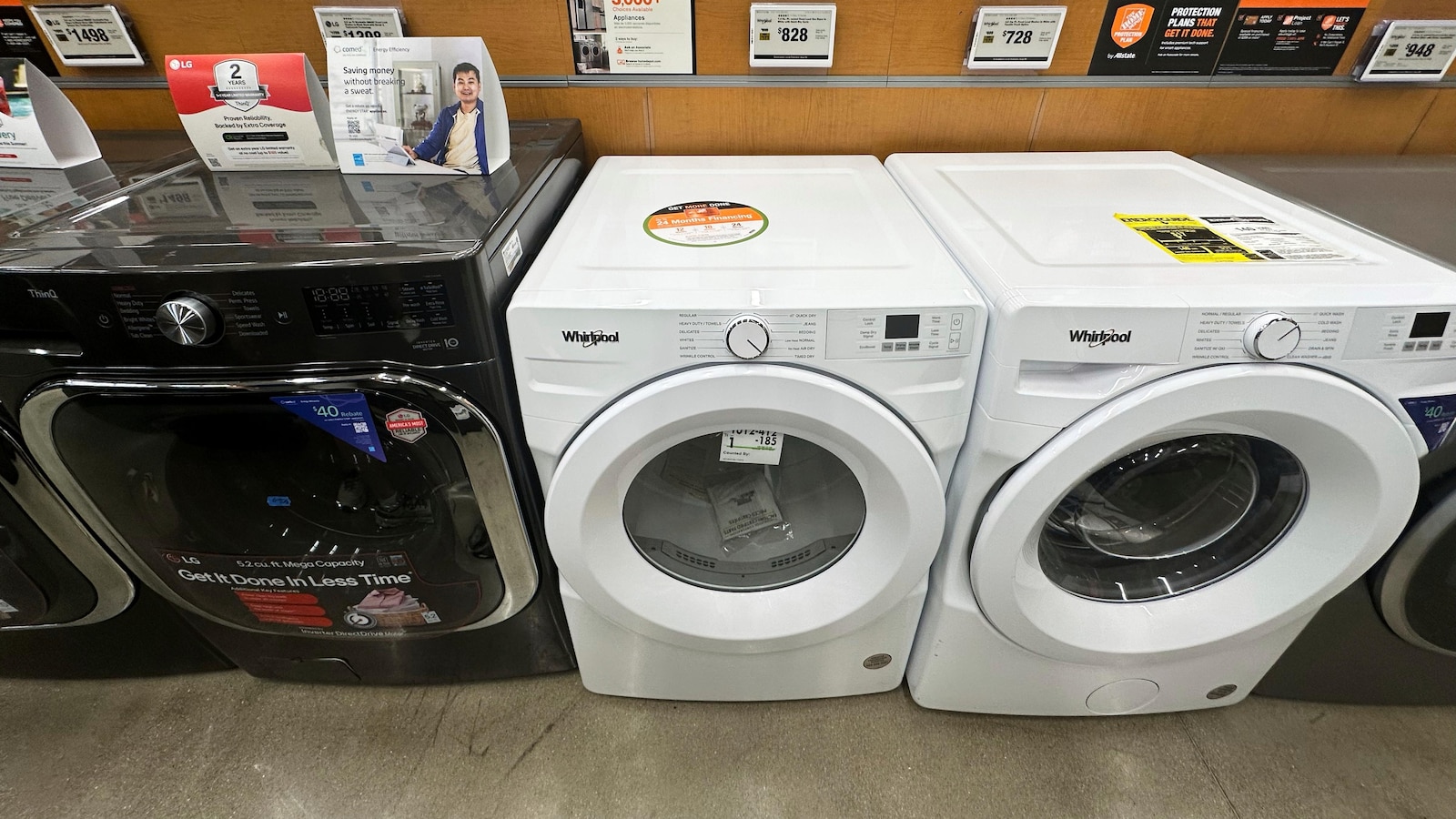US Consumer Confidence Dips in August Amid Job Market Concerns, Tariffs, and Rising Prices
US consumer confidence declined in August to 97.4, driven by anxieties over a weakening job market, the impact of tariffs, and surging wholesale inflation.
Overview
- The Consumer Confidence Index in the US decreased by 1.3 points to 97.4 in August, reflecting a significant dip in public sentiment regarding the economy.
- This decline was primarily fueled by widespread concerns among consumers regarding a weakening job market, the ongoing impact of tariffs, and persistently high prices for goods.
- Job market anxieties intensified as US employers added only 73,000 jobs in July, falling short of expectations, while job vacancies decreased and the unemployment rate rose to 4.2%.
- Economists warned that President Trump's tariffs on imports are increasing costs, contributing to higher prices for consumers and an unexpected surge in US wholesale inflation.
- Short-term economic expectations fell, and the share of consumers anticipating a recession over the next year rose to its highest level since April, indicating growing economic unease.
Report issue

Read both sides in 5 minutes each day
Analysis
Center-leaning sources frame this story by emphasizing negative economic indicators and directly linking them to the Trump administration's policies. They use evaluative language to highlight a "weakening job market" and "deterioration," suggesting a causal relationship between tariffs and rising consumer anxiety and recession fears.
Articles (3)
Center (2)
FAQ
The decline in US consumer confidence was driven by concerns over a weakening job market, the impact of tariffs, and rising wholesale inflation leading to higher prices for consumers.
US employers added only 73,000 jobs in July 2025, which was below expectations. Job vacancies decreased and the unemployment rate rose to 4.2%, contributing to increased consumer anxiety and a drop in confidence.
President Trump's tariffs on imports increased costs for businesses, which contributed to higher prices for consumers and a surge in US wholesale inflation, negatively affecting consumer sentiment.
Short-term economic expectations fell and the share of consumers anticipating a recession within the next year rose to its highest level since April 2025, indicating growing economic unease.
The Conference Board reported the Consumer Confidence Index at 97.4 in August 2025, reflecting a slight dip, while the University of Michigan's Consumer Sentiment Index was lower at 58.6, indicating a more pessimistic outlook. Both indexes show declines but measure slightly different aspects of consumer attitudes.
History
- This story does not have any previous versions.
